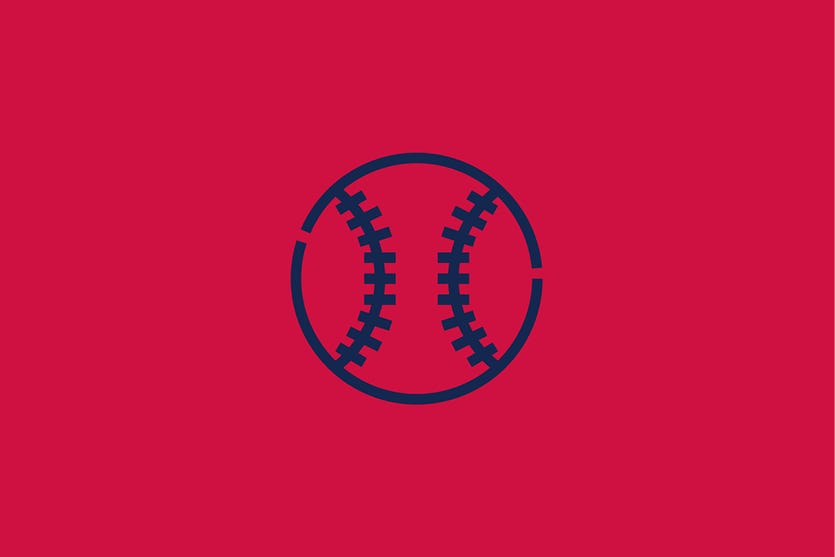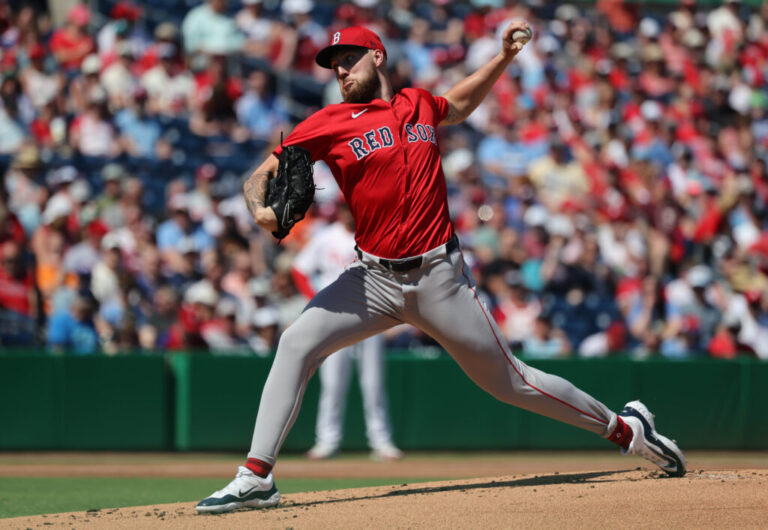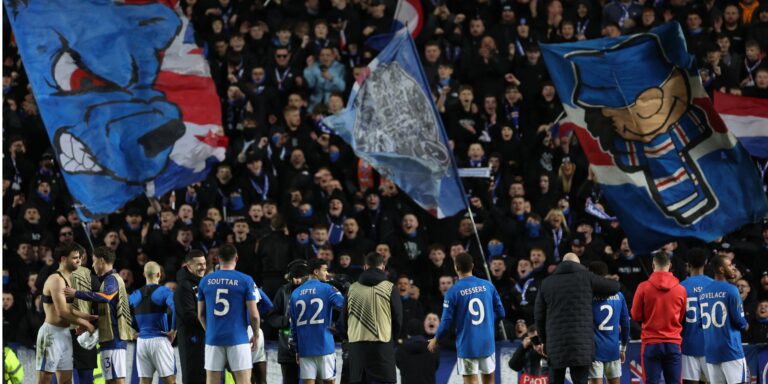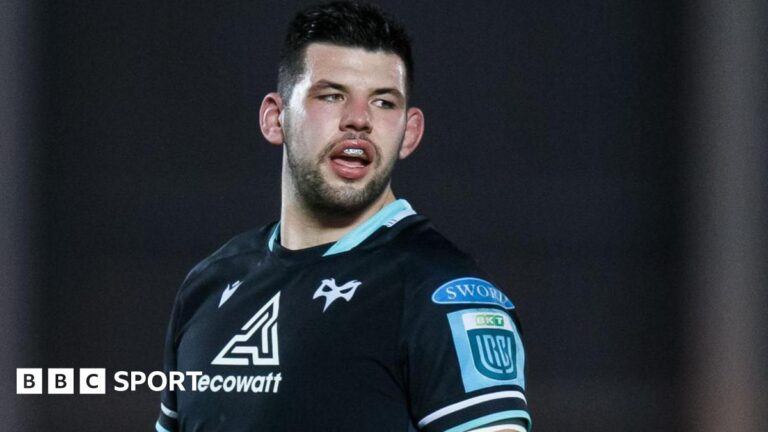

Successive editions of this newsletter are counting down the 50 greatest ballclubs of all time — a/k/a the Best 50 — as ranked by my new book, Baseball’s Best (and Worst) Teams. Today’s entry focuses on No. 50, the 1996 Atlanta Braves.
Here’s a quick boilerplate explanation that I’m appending to every story in this series:
I compiled the Best 50 by analyzing 2,544 major-league teams from 1903 to 2024. Those clubs have been ranked by their team scores (TS), which are plotted on a 100-point scale. (A given club’s all-time percentile is the percentage of the other 2,543 teams that it outperformed.)
See my book for an explanation of my TS calculations. The book also offers separate breakdowns of the best and worst clubs for every decade and franchise, comprehensive profiles of the Best 50 (including position-by-position lineups and much more information than you’ll find in this newsletter), and similar summaries of the 10 worst teams of all time.
Now on to today’s profile.
-
Team: 1996 Atlanta Braves
-
Team score: 84.762 points
-
All-time rank: 50 of 2,544
-
All-time percentile: 98.07%
-
Season record: 96-66 (.593)
-
Season position: First place in National League East
-
Final status: League champion
The future seemed unlimited after the Braves won the 1995 World Series. “This club is the team of the ’90s,” crowed Atlanta president Stan Kasten, “and the ’90s are only half over.” He happily envisioned a string of additional championships, and why not? Almost all of his key players had yet to celebrate their 30th birthdays.
Pitcher Tom Glavine, who would turn 30 in March 1996, was more circumspect. “I know the difficulty of getting back to the World Series after losing,” he said. “I can’t imagine it will be much [easier] getting back from the winning side.”
Glavine proved to be overly cautious. The Braves did scuffle for the first month and a half, trailing the Expos in the National League East as late as May 18. But Atlanta won eight of its next 10 games, while Montreal went 2-8 over the same span. The race was unexciting the rest of the way, as the Braves coasted to another divisional crown by eight games.
Get the complete lowdown on the 50 greatest (and 10 weakest) clubs of all time
Atlanta swept Los Angeles in the National League Division Series, then flirted with disaster. The Cardinals won three of the first four games in the NL Championship Series, pushing the Braves to the brink of elimination. Atlanta bounced back dramatically, winning the final three contests by a collective score of 32-1.
That momentum carried into the World Series. The Braves were decidedly superior to the Yankees — their all-time ranks were 50th and 217th, respectively — and Atlanta easily took the first two games in New York. “We were going back home with the world by the tail,” third baseman Chipper Jones recalled. But the Braves suddenly went flat and lost four straight.
“We won two games, and people thought we were better than the ’27 Yankees,” pitcher John Smoltz said disgustedly. “Come on. Save that for when it’s all said and done.”
A new installment will arrive in your email each Tuesday and Friday morning
Chipper Jones blossomed into one of Atlanta’s stalwarts in 1996, his second season in the majors. He topped the Braves with a .309 batting average and 110 runs batted in. He had already established himself at third base, but he also handled the toughest infield position as an injury replacement, making 38 starts at shortstop. “Chipper Jones simply is the game’s most versatile star,” raved the Sporting News.
First baseman Fred McGriff (28 homers, 107 RBIs) and left fielder Ryan Klesko (34 homers) supplemented Jones’s power, though Klesko slumped during the second half. Only 12 of his homers came after June 25. Marquis Grissom blended a .308 batting average with Gold Glove defense in center field. “He plays shallow, he can run back on the ball, and he has a great arm,” said John Smoltz. “Put that together with his offense, and I think he’s the best center fielder in the National League.”
Smoltz had an outstanding year himself, accumulating a 14-1 record by mid-June. He went on to lead the league in victories (24), innings (253.2), and strikeouts (276), locking down the Cy Young Award. “Smoltz was as awesome and dominant a pitcher as I’ve ever seen,” said Leo Mazzone. It was high praise indeed, coming from a pitching coach whose staff also included prior Cy Young honorees Greg Maddux and Tom Glavine.
The earned run averages for Atlanta’s aces were among the league’s five best: Maddux at 2.72, Smoltz at 2.94, and Glavine at 2.98. The three also qualified for the NL’s top five in games started and innings pitched.






